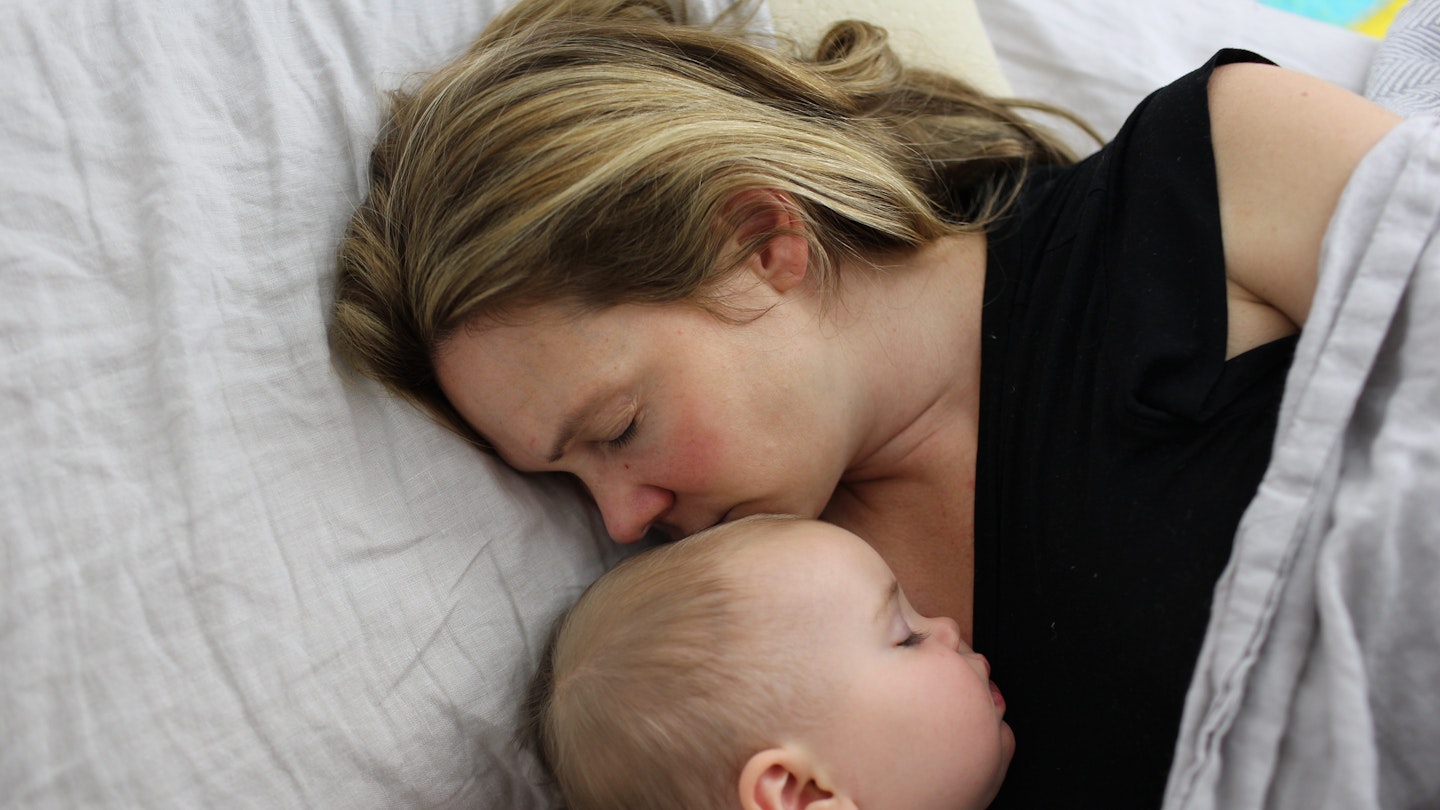There’s no simple answer on whether or not you should have a baby at home.
Much like the breast-feeding vs. bottle-feeding debate, how you deliver is legally a matter of choice. No one can force you to go to hospital.
But every woman should make an informed decision based on what’s best for you and your partner.
The National Institute for Health and Care Excellence (NICE) says that women with a low risk of complications are fine to give birth at home – even if it’s your first baby.
Professor Mark Baker said: "Where and how a woman gives birth to her baby can be hugely important to her.
"Although women with complicated pregnancies will still need a doctor, there is no reason why women at low risk of complications during labour should not have their baby in an environment in which they feel most comfortable."
Baker hopes the guidance from NICE "encourages greater choice in these decisions and ensures the best outcomes for both mother and baby".
If you are contemplating a home birth, tell your GP or midwife at one of your antenatal appointments. The earlier your choice is recorded, the more time you’ll have to prepare!
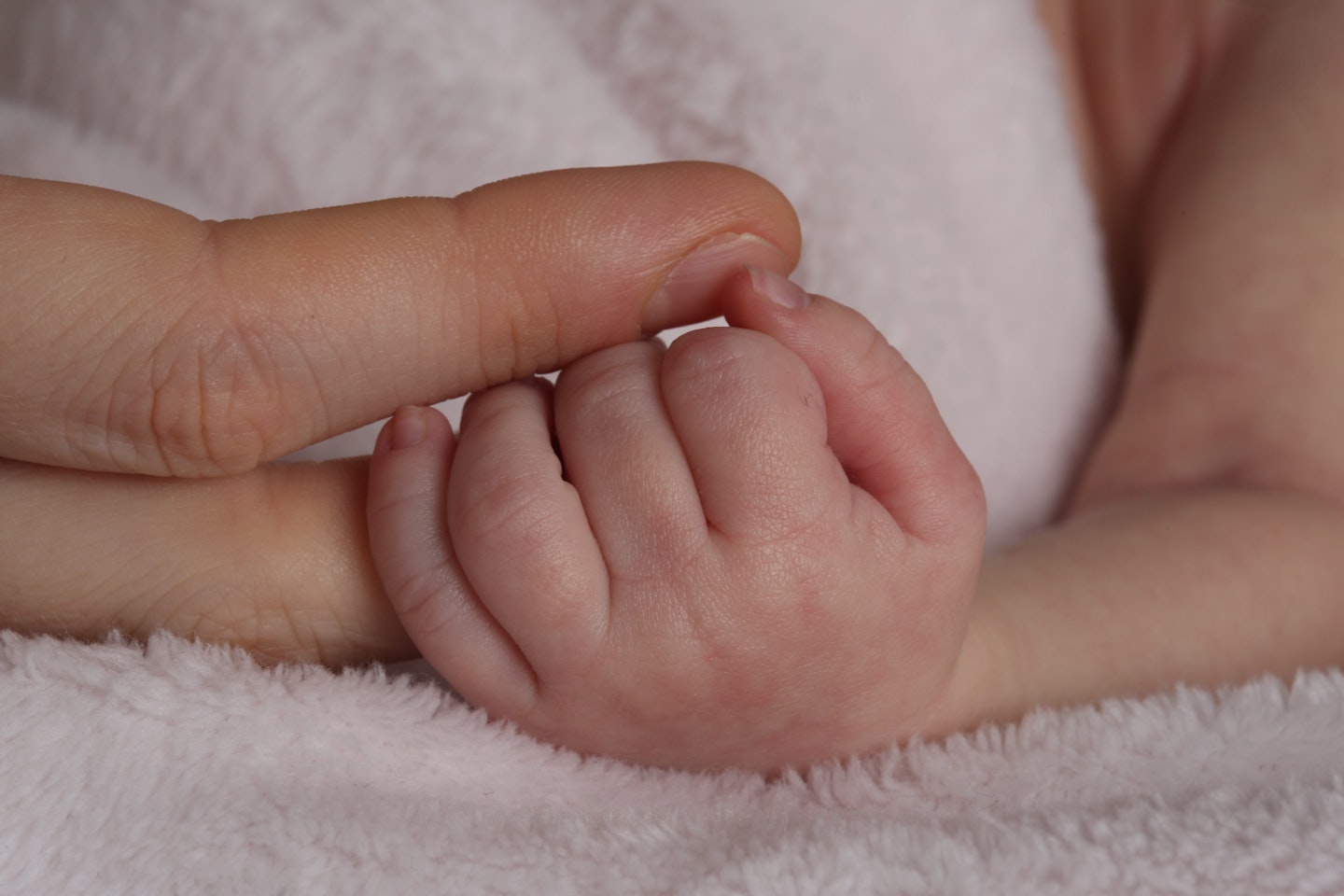
How much does it cost?
If you want complete control over the process, consider booking an independent midwife who can help you plan all the luxurious peripherals – not just the basics.
Most independent midwives charge between £2,000 and £4,500 to help you throughout the pregnancy, labour and birth.
The ultimate cost depends on where you live and what kind of support you want.
UK statistics for home births vs. hospitals
NICE reports that nine out of 10 babies are delivered in hospital under the ultimate supervision of obstetricians.
The UK home birth rate is about 2.4 per cent of total births.
The rate varies as follows:
-
England: about one in every 40 births (2.49 per cent)
-
Northern Ireland: fewer than one in 250 births (0.38 per cent)
-
Scotland: about one in every 165 births (0.6 per cent)
-
Wales: about one in every 30 births (3.4 per cent)
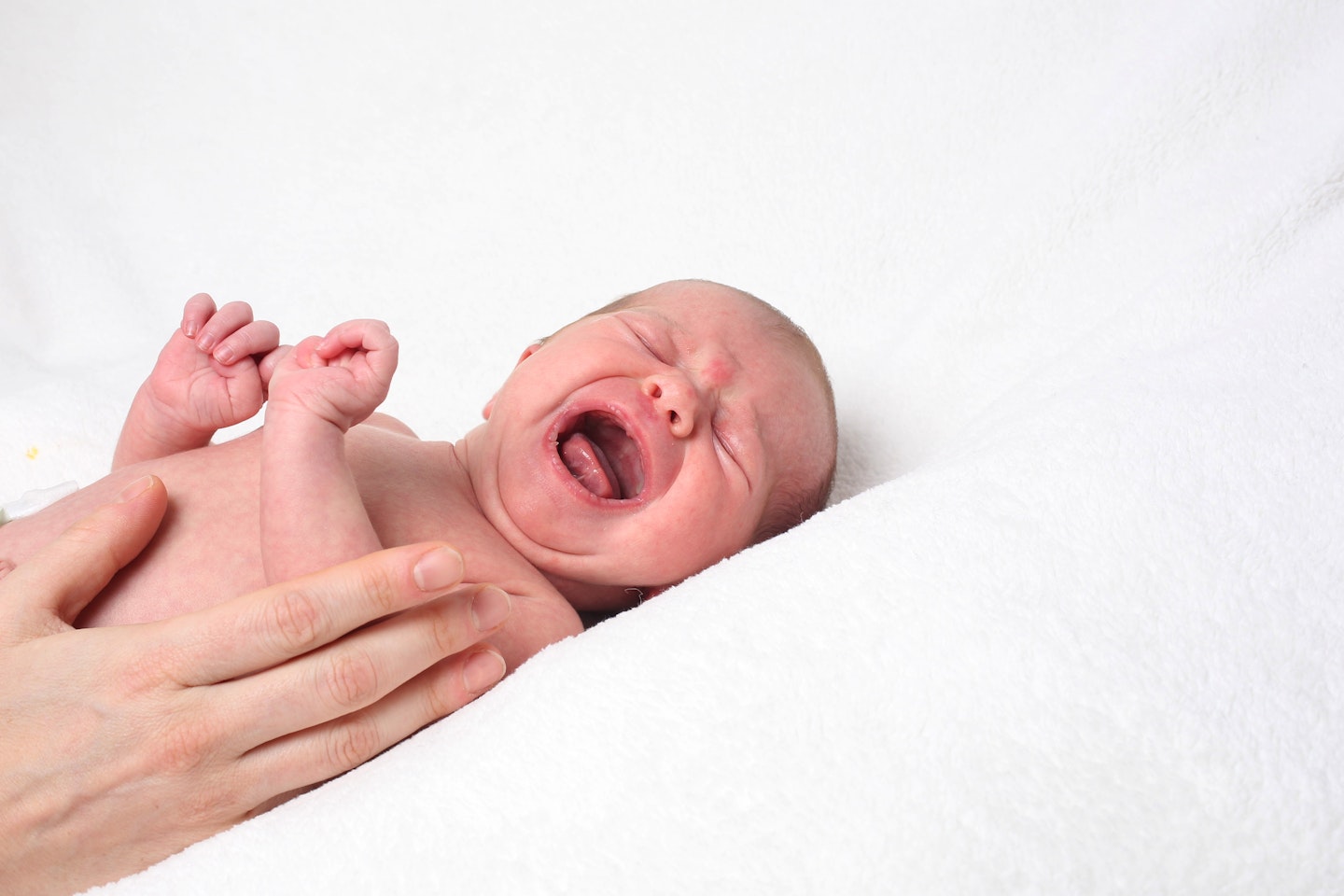
Essential kit for a home birth
Planning a home birth isn’t as complicated as it sounds. Your midwife can help with the details during your antenatal appointments.
But here’s a list of essential supplies:
-
Emergency phone numbers for your local hospital
-
A designated resuscitation area for your baby (in case of emergency)
-
Plastic sheeting to protect your floor, bed or sofa
-
Old towels or sheets to mop up as you go
-
A bucket to be sick in if you feel ill
-
An exercise ball, pool or other equipment to help you during labour
-
Calming music, candles or aromatherapy oils
-
Drinks and snacks for you and your birthing team
-
A blanket or towel to keep your baby warm after he or she is born
Other supplies for you and baby (such as nappies, sanitary pads and comfortable clothes) are no different from a hospital birth.
Want some official advice? Sarah Noble, consultant midwife and lead for the home birth service at the Birmingham Women’s Hospital, talks about the practicalities to consider in this short but very helpful video{
Why choose a pool?
Many women opt for a birthing pool as the warm water eases the pain from contractions - especially if your back is sore and you want to relieve that overwhelming pressure.
Consider these tips to keep safe:
-
Drink plenty of water to stay hydrated
-
Keep the temperature at or below 37C at all times
-
If your labour is progressing slowly, get out and walk around for a while
-
Try squatting or kneeling to move the baby into a good position for birth
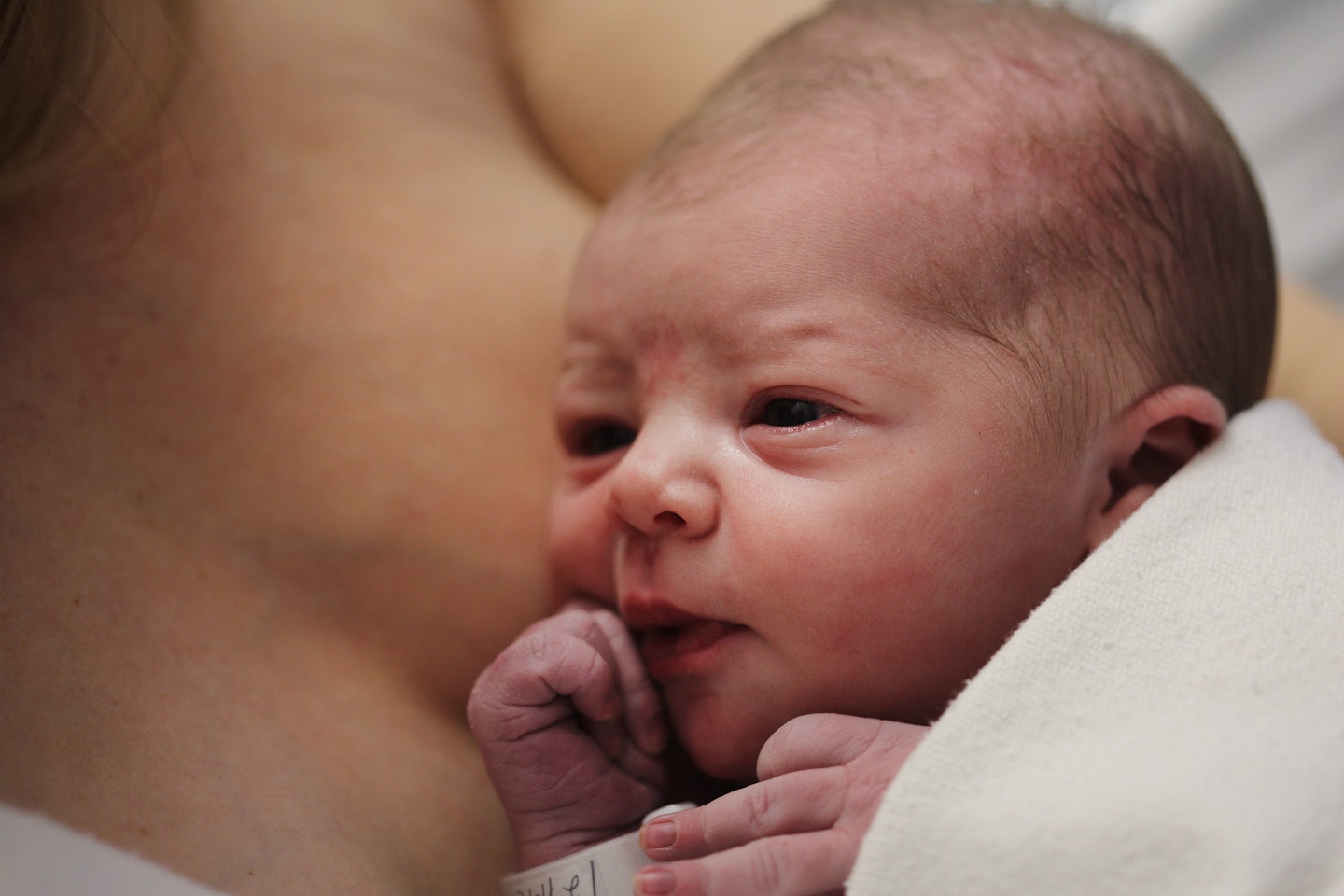
What are the risks?
Opponents of home births have a long list of why NOT to do it. Every woman should discuss the pros and cons with their midwife.
But here are some clear cases outlined by the NHS:
-
Previous caesarean section or haemorrhage after giving birth
-
Pregnancy over 42 weeks or if the baby arrives prematurely
-
Pre-eclampsia or raised blood pressure
-
A full placenta praevia or low-lying placenta (placenta covering the cervix)
-
A baby in a breech position (bottom or feet first)
-
A baby in a transverse lie (sideways across the womb)
-
Anaemia (low iron count)
-
Twins
Women with chronic health problems (such as diabetes, depression and anxiety) may also choose a hospital over a home birth so they can receive immediate medical attention.
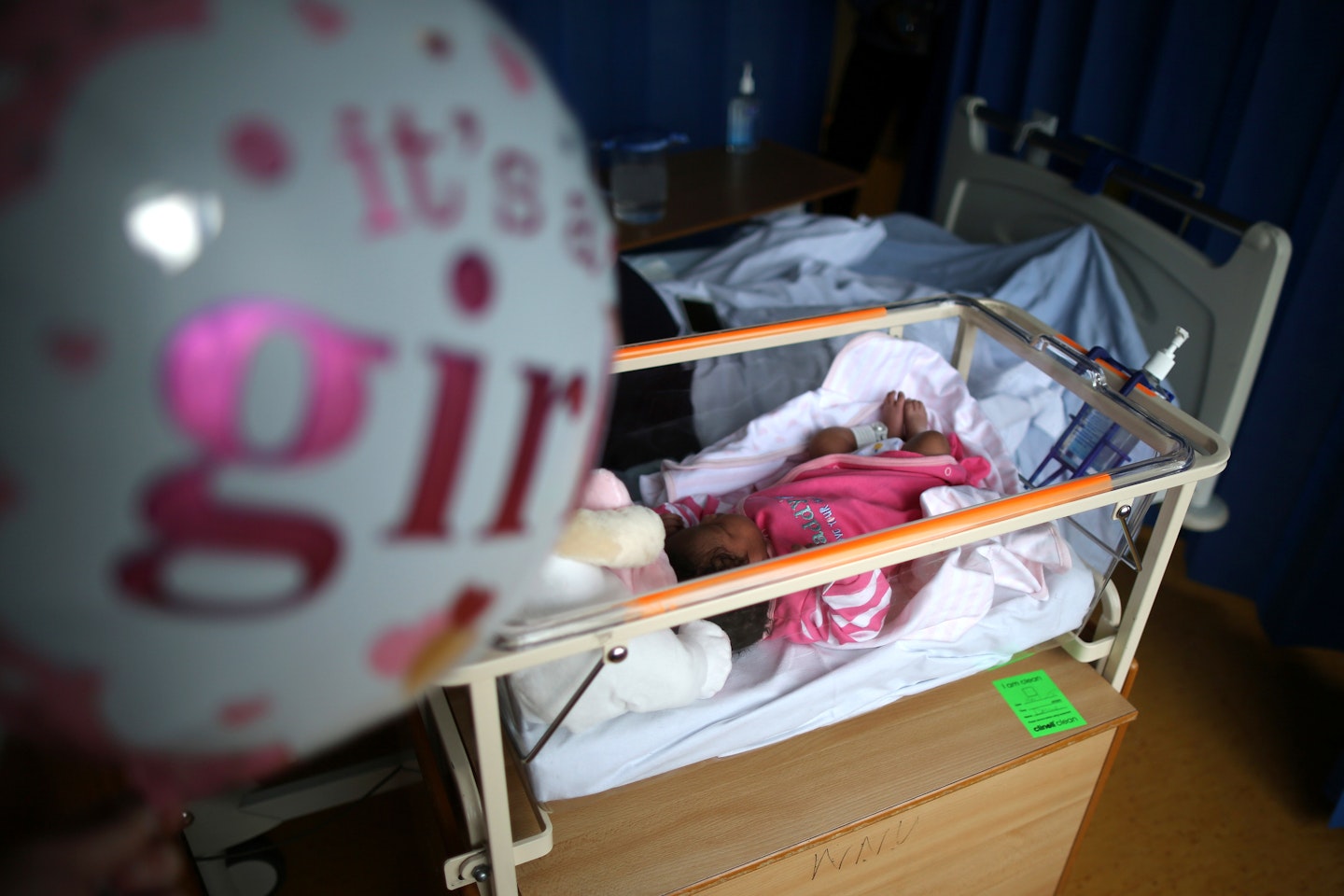
What happens if I need to go to hospital?
It’s not unusual to require a transfer to hospital.
The most common reasons are if your labour is taking a long time (risking complications) or if the baby is distressed (such as heartbeat changes that your midwife can pick up on a monitor).
Some women also struggle with the pain and simply want an epidural (which may or not be possible at any point during your labour, so don’t count on one).
A large study of home births in England found that for low risk pregnancies, about 20 per cent of mums were transferred to hospital.
The transfer rate was lower for women who'd had a baby before (12 per cent), and highest for first-time mums (about one in two).
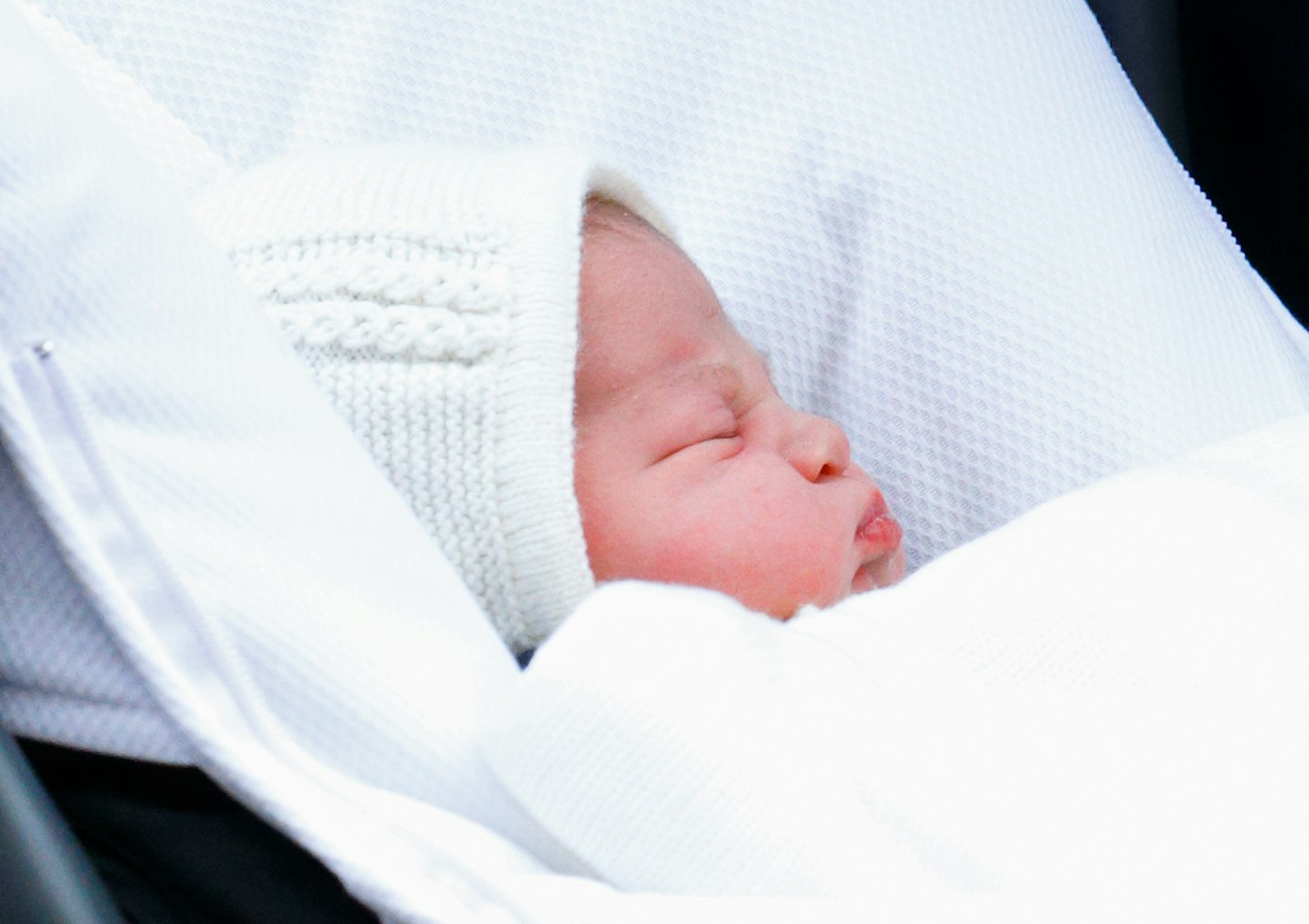
Real-life stories
Not every home birth goes to plan, but at least women in the UK can rely on hospital care. These home birth videos are touching tales of when things turn out PERFECTLY.
Which? guide to home birth - real mums explain what it was like
April and Davey
Midwife Mama
Would you consider a home birth? Have a story to share? Tell us on Facebook and Twitter (@CloserOnline).
